
Cuba, Latin America: Week in Review, United States
House Panel Discusses Bill To Lift Cuban Travel Ban, Ease Embargo
April 30, 2010 By Staff

Havana, Cuba.
Today in Latin America
Top Story — Human rights and business groups asked Congress Thursday to relax the embargo against Cuba by passing a bipartisan bill that would allow for travel to the island nation as well as remove some hindrances to legal farm sales.
The election of President Barack Obama brought hope to some that relations between Cuba and United States would improve. Since taking office, the Obama administration has lifted restrictions limiting family travel and remittances to Cuba enacted by the George W. Bush administration, and has also taken steps to improve telecommunications links.
U.S.-Cuban relations have been largely stuck in neutral since December of last year, when the Cuban government detained an American man who they allege was helping opposition groups.
“Lifting these travel and trade restrictions is about what is best for the United States,” said Representative John Tanner, chairman of a trade subcommittee in the House of Representatives Ways and Means, according to The Washington Post.
The U.S. trade embargo went into effect in 1963 and was twice strengthened during the 1990s. Many throughout the Western Hemisphere see the embargo as relic of the Cold War, when Cuba was tightly aligned with the Soviet Union.
During a summit of the 32 leaders of Latin America in February, the delegates called for an end to embargo.
Just Published at the Latin America News Dispatch
- At Beyond Borders: Immigrants rally nationally to protest the new Arizona law.
- Arizona’s governor Jan Brewer signed a strict new immigration law on Friday.
Headlines from the Western Hemisphere
North America
- More survivors emerged after an ambush of a humanitarian aid convoy in southern Mexico on Tuesday that killed two people, but two journalists still remain missing.
- Authorities in Ciudad Juarez, Mexico said that 47 people have been killed in the past three days in the border city.
Caribbean
- The House of Representatives voted Thursday to allow Puerto Rico to vote on whether to change its 112-year relationship with the U.S., including allowing for a transition to statehood or independence. The legislation is supported by Puerto Rican Gov. Luis Fortuño.
- Dania Virgen García, an independent journalist with ties to the Cuba’s Ladies in White protest group, was sentenced to 20 months in prison under charges of mistreating her child, according to a Cuban human rights worker.
- Assistant Secretary of State for Population, Refugees, and Migration Eric P. Schwartz announced in the Dominican Republic on Wednesday that the Department of State contribute an additional $10.5 million to support the people of Haiti and the Dominican Republic in the aftermath of the Jan. 12 earthquake.
Central America
- A Guatemalan immigrant was honored Thursday in a memorial service in Brooklyn, New York. Hugo Alfredo Tale-Yax was reportedly stabbed after intervening in an argument in Queens on April 18. Video footage of the aftermath shows him being left to die for nearly an hour, unassisted by any of the several passers-by.
- Secretary of State Hillary Rodham Clinton reiterated U.S. support for the Honduran government before a meeting with Honduran Foreign Minister Mario Canahuati on Wednesday.
- A company in Panama hopes to begin exporting square watermelons.
- El Salvador reached a bilateral air-transport agreement with Canada, officials announced Thursday.
- U.S. army dentists provided dental care to 1,200 Nicaraguans between April 12 and April 22 as part of their Beyond the Horizon mission.
- Panamanian ex-dictator Manuel Noriega is “very weak” according to one of his lawyers on Thursday.
Andes
- Peruvian President Alán García criticized Venezuela over restrictions Hugo Chávez’s government has placed on importing Peruvian shoes, clothing and textiles.
- Bolivia warned a Spanish gas consortium that they must invest in the country’s Margarita natural gas field in 2010 or risk a Bolivian government takeover of the project.
- Colombian Congressman Luis Carlos Restrepo, President Uribe’s former peace commissioner, was arrested Thursday for alleged accepting drug money, according to the country’s Attorney General’s Office.
- Colombian singer Shakira plans to visit the U.S. state of Arizona over concerns of the state’s new immigration law.
Southern Cone
- Hebe de Bonafini and the Madres de la Plaza de Mayo held a symbolic “People’s Trial” against some of Argentina’s leading journalists, accusing them of acting as accomplices during the 1976-1983 military dictatorship. The Fernández de Kirchner administration is currently involved in an open political conflict with Grupo Clarín, the country’s largest media company.
- Brazil’s unemployment rate rose in March, but this is unlikely to appease the Central Bank’s concerns that the country’s economy is overheating.
- Argentina says it will offer $20 billion in a new debt swap on Monday. This is part of an ongoing effort to resolve the country’s defaults on debts.
- Chile’s LAN Airlines will invest $2.83 billion to expand its fleet of aircrafts by 2013.
Image: Ilkerender @ Flickr.
Subscribe to Today in Latin America by Email
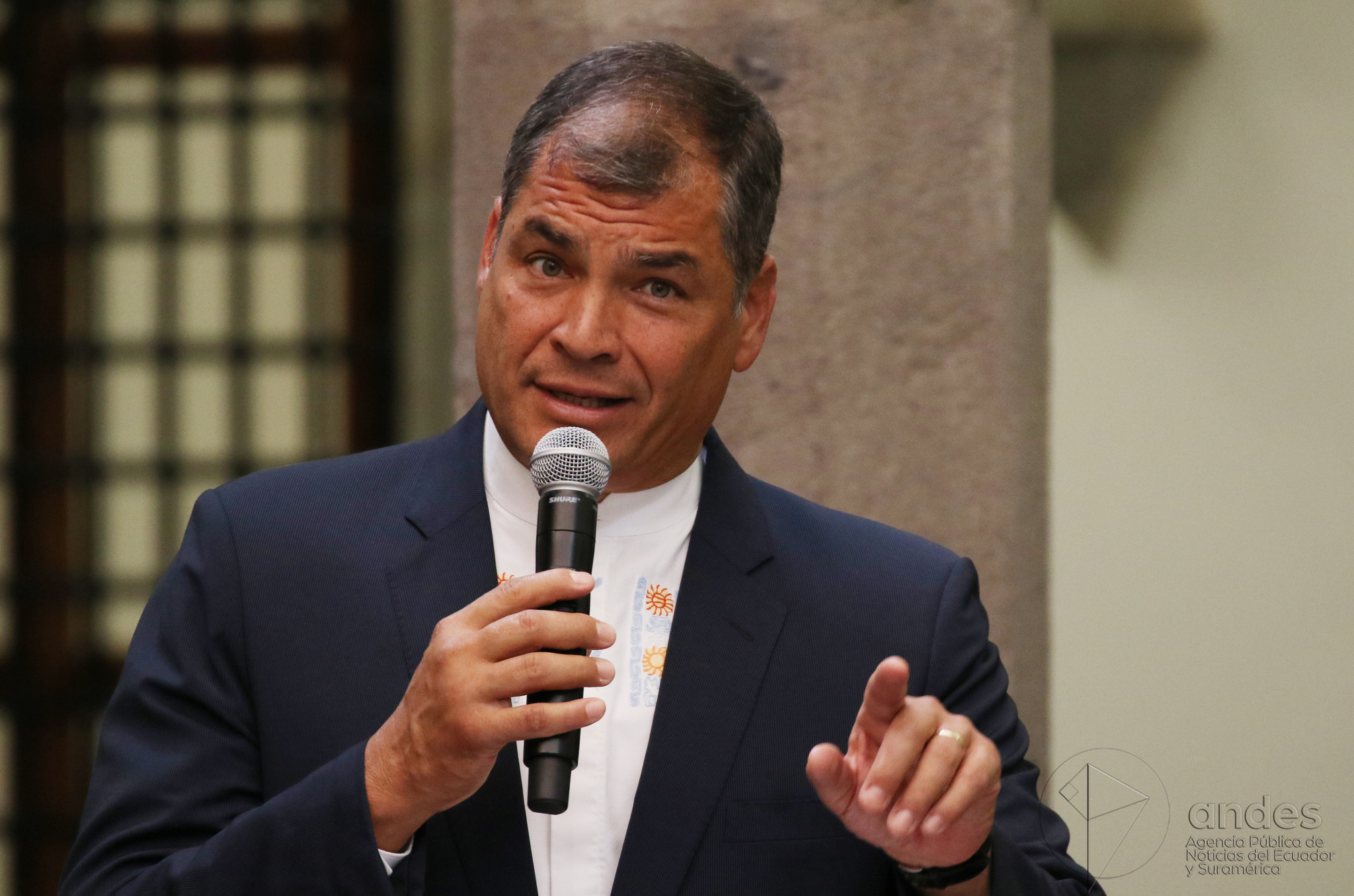
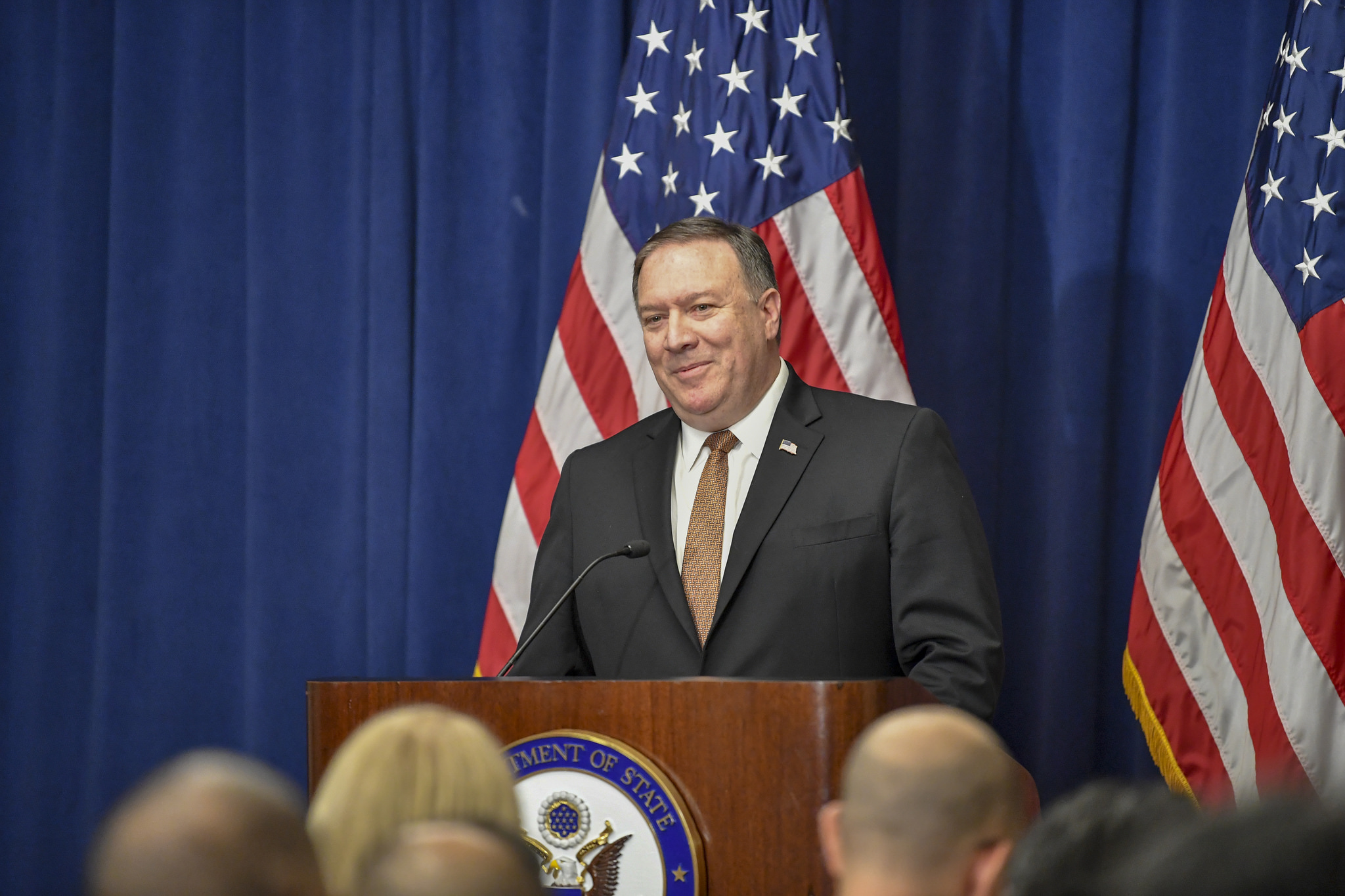
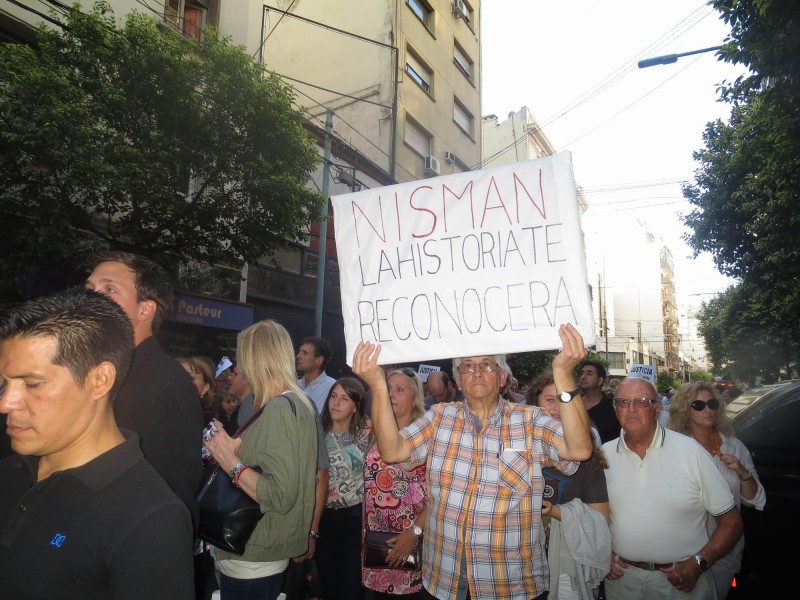
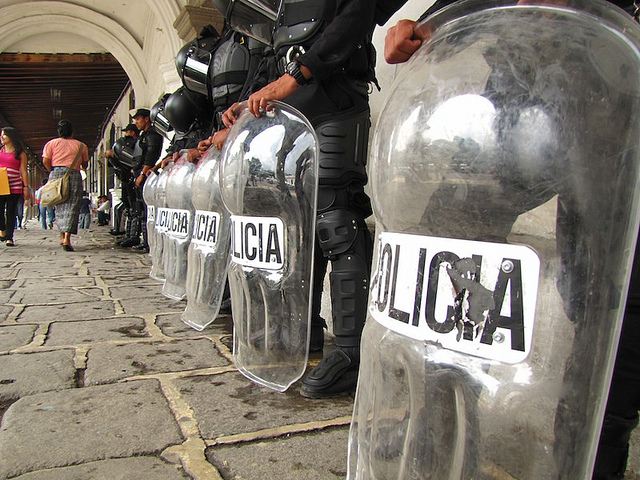
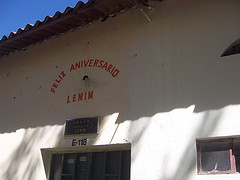
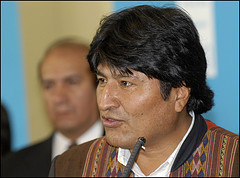
2 Comments
cubans in the united states are free to go back home
When pressured to ask for a world-wide boycott of Chinese exports, His Holiness, the Dalai Lama vehemently refused as he saw that economic measure as one which would create further suffering for the Chinese people.
We should consider as well the suffering which we have helped create for the Cuban people with this anachronistic economic weapon. Besides, by lifting the embargo, the Cuban dictators would have to stop bellyaching and whining about how everything is the fault of the evil US Empire and come face to face with their own ineptitude.
VIVA CUBA LIBRE!
Comments are closed.